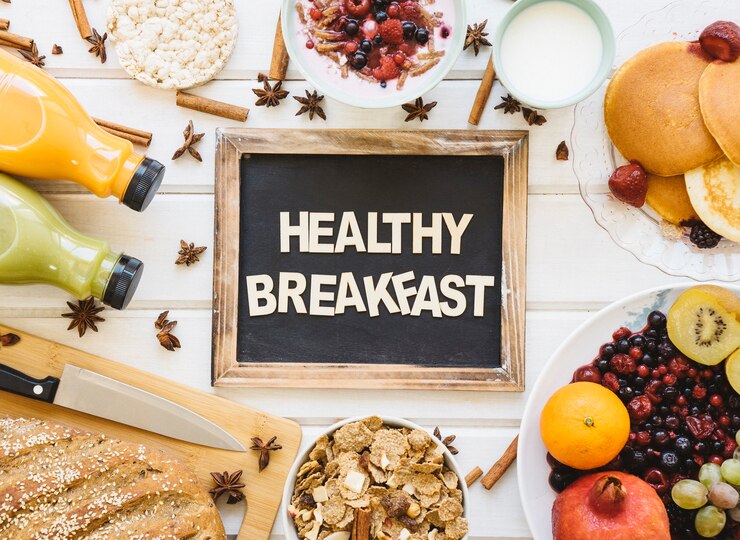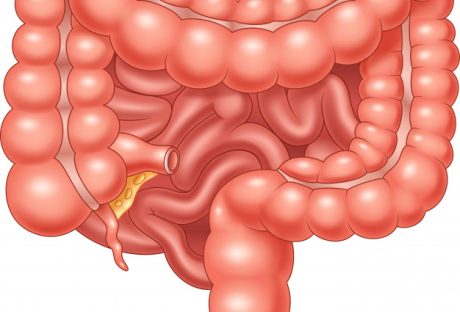Eating is not just about dumping fuel into the tank so we can drive another twenty blocks. Multiple psychological and sociocultural factors also dictate how, why, when, and what we eat.
Varying eating habits around the world can have a significant effect on our well-being. This post aims to shine a light on some of these habits to examine them more closely.
Habit One: Is Breakfast The Most Important Meal Of The Day?

Cereal manufacturers are keen on the idea that breakfast is the most important meal of the day. Is it true?
According to researchers Tanya Zilberter and Eugene Yuri Zilberter, recommendations for breakfast eating behavior remain categorical but at the same time scientifically unsound health guidelines.
If we look at the science and ignore cereal marketing, there are many benefits to eating at the start of your day. The following scientific information is extracted from the materials provided by the National Library of Medicine:
- Breakfast eaters tend to get more nutrients over the course of the day. They are also more likely to intake a wider range of nutrients.
- Breakfast has been associated with improved weight control and health indicators of cardiometabolic risk. This applies to adults and children.
- Studies have related breakfast eating to improvements in attention and better cognitive function, regardless of age.
Remember that breakfast means different things around the world. Eating a pain au raisin in Paris is not the same as eating bratwurst in Berlin. The nutritional value of a full English breakfast is not the same as a continental.
Attempting to run the first few hours on an empty tank is generally not as healthy as providing your body with some fuel. What’s important, however, is to start the day with food and supplement your nutritional intake during the day.
According to the researchers whose statement has opened this section, skipping breakfast is not necessarily a big deal. People need to consider the below points:
- how long they’ve been without food (if two people eat at midnight and one eats breakfast at 5 am and the other at 10 am, the different fast lengths will impact their bodies differently), and
- whether they make up the “lost” nutrients with their eating habits during the day.
However you do breakfast, take a holistic approach to diet. Consider what you eat over 24 hours.
Habit Two: What Are The Consequences Of Eating Before Bed?
Just as skipping breakfast is seriously frowned upon, eating late at night is typically considered a bad habit. Science suggests that eating late at night correlates with higher incidences of medical claims.
While Tanya Zilberter and Eugene Yuri Zilberter found that research on skipping breakfast and studies on eating late often fail to consider how long the participants fasted, they did find solid evidence regarding the potential risks of eating late, including the following eating behavior pathologies:
- Elevated insulin and glucose levels, characteristic of metabolic syndrome;
- Distortions of body image and mood disorders;
- Implications on circadian rhythm.
Harvard agrees. Late-night eating is bad for health. A recent Harvard study found evidence that eating late may increase hunger, which can increase the risk of obesity.
If you suspect you’re about to see yourself in a statistic, you might be right. About forty percent of the US adult population is obese.
More study is required on the role late eating plays in calorie intake, calories burned, and molecular changes in fat tissue. Until that verdict comes in, it looks like avoiding late-night meals may reduce incidents of cancer, diabetes, and other conditions.
Habit Three: Is It Okay To Let Kids Eat In Front Of The TV?

Eating in front of the television can lead to a lack of attention, which in turn can lead to missing cues regarding fullness. This habitual overeating could then cause obesity.
And there’s another interesting angle to consider regarding television, what we eat, and how we feed our children.
A fact-filled study into television viewing and unhealthy eating made the research-backed observation that television and food advertising influence children’s food preferences. Studies have demonstrated that child TV watchers are more likely to prefer unhealthy food in early adulthood than kids that didn’t watch television.
To help kids stay healthy and become adults who make healthy choices, monitor kids’ TV intake and defend them from unhealthy, unsolicited dietary influences on screen.
These tips may help you form your kid’s eating habits:
- Kids’ food preferences develop by age three and tend to remain stable throughout childhood.
- Repeated exposure increases the chance that your kids will start liking a new food.
- Information that a new food tastes good will increase their willingness to try it.
- Kids are less interested in hearing how nutritious things are.
- The availability of food in the home will affect food consumption.
- Your food access controls will influence consumption and food preferences.
- If your diet is healthy, your kids will be more likely to eat healthily.
- As kids reach middle school age and adolescence, external influences – including peers and the media – are likely to have a detrimental effect on their food choices.
Conclusion
We are what we eat. You knew that. Still, it’s worth delving into research to back it up. It’s easy to forget. Many of us have busy lives and take eating for granted, treating our bodies as if they weren’t some of the most sophisticated machinery on the planet.
While this post provides helpful information that may confirm your healthy eating habits or inspire you to eat differently, a health professional can help you put the best into your body to get the best out of your life.
Put your health in safe hands by visiting The American Academy of Nutrition and Dietetics or Leadar websites to find a professional nutritionist who can help you, your loved one, or your team improve your health and performance.
Your eating habits have a massive effect on your well-being. Change how you eat to change your energy levels, your mood, your potential for health risks, and your life.
Read Also:
- How Can A Cardiologist Save Your Life?
- Easy Breakfast Ideas For Type 2 Diabetes
- 5 Types Of Cancer Prominent In Women























